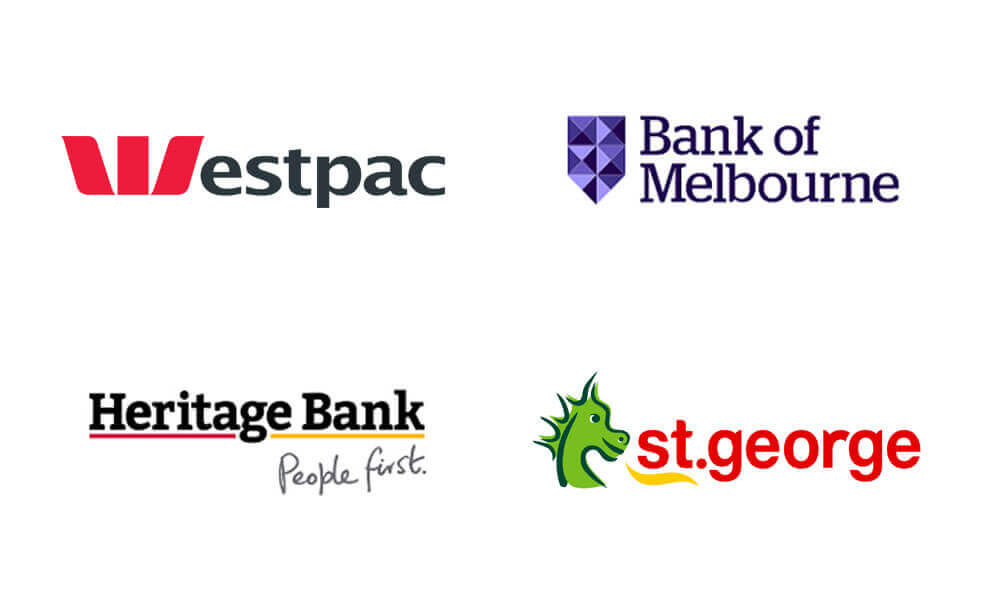
Tips to help you declutter before you move
If you’re planning a move, you might want to consider taking the plunge to sort…

It’s no secret that the property market is in flux. After the recent intense boom, property prices have dipped while interest rates continue to rise. If you’ve been checking out home loan calculators and browsing real estate sites, we’ve put together 5 tips that will help you choose the best investment and negotiate like a pro.


Before you do anything, you need to know what you’re working with. Use our Borrowing Power Calculator to get an idea of how much you could borrow and what your monthly repayments would look like.
When you do find the perfect property, you want to be ready to buy. Waiting for finances can make the difference between securing a home for a low price and missing out altogether. Prepare to pounce on the perfect investment by getting your finances pre-approved.
We can reach out to lenders on your behalf and get them to agree to lend you a certain amount of money when the time comes. Pre-approval will not only allow you to act quickly but give you the assurance you need to confidently make an offer and negotiate.
Now that you’re ready to start looking, it’s valuable to first know the market. Research the local market in which you’re looking to buy to get a feel for how much properties are going for, how long they tend to stay on the market, and what the suburb has to offer that drives up value.
The more research you can do, the better. Our mortgage brokers have access to reports and market previews that could help you choose the right investment. Contact us to access our resources and expert advice about your local property market.
Found a property you like? Before you make your offer, check for any obvious issues. There are plenty of websites that can help you determine whether a home is in a flood zone, directly under a flight path, or in a particularly crime-ridden neighbourhood.
Once you do make an offer, be sure to request a building and pest inspection. This will reveal any structural issues with the property, termite damage, and other problems. If any red flags are uncovered you can use them to either back out of the sale or negotiate a lower price.
Whenever somebody lists their property, they’re selling for a reason. If you can find out what that reason is, it could give you an upper hand throughout negotiations.
For example, they could need to upsize but haven’t found their next property yet. In this case, you could offer a longer settlement in return for a lower sale price. On the other hand, they could be moving overseas within weeks, in which case a shorter settlement offer could drop their price.
The easiest way to find this information is to ask the real estate agent. They may keep their cards close to their chest, but with a little prodding could reveal valuable information for your negotiations. Be careful to not reveal too much about your own circumstances and budget so that you don’t give the seller the upper hand.
Buying property can seem overwhelming. The good news is that you don’t need to do it alone. Our team of mortgage brokers and financial experts can help you through every stage of the process, from obtaining pre-approval and researching the market to streamlining the settlement period.
Contact us today to know your options, get pre-approval, and be ready to buy.

If you’re planning a move, you might want to consider taking the plunge to sort…

With the arrival of spring, it’s customary for the real estate market to spring to…
We can help get you into your new home.
We’ve worked with clients across Australia to access the different first home owner grants (FHOG) as well as the various stamp duty and other concessions that may be available depending on which state you are in. We can talk you through your various options as well as helping you compare things like buying vacant land vs. an established home.
Use our online calculators to work out how much you can borrow, loan repayments, stamp duty and lots more.






